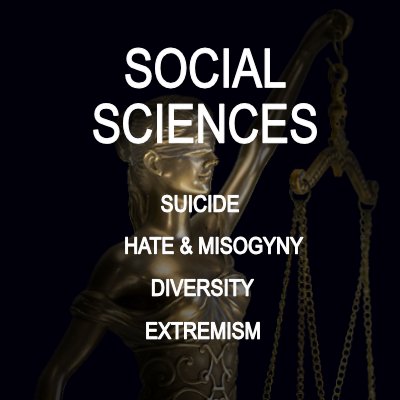Edited by Anders Sevelsted and Jonas Tougol
This Open Access book explores the role of morality in social movements. Morality has always been central to social movements whether it be in the form of the moral foundations of movement claims, politics and ideologies, the values motivating participation, the new moral principles envisioned and practiced among movement participants, or the overall struggle over society’s moral values that movements engage in. This is evident in movements emerging from recent interlinked crises: the crisis of human rights, the climate crisis, and the developing crisis of democracy. In analyzing these current events through a variety of theoretical, methodological, and empirical lenses, this book brings morality to the forefront of the discussion, allowing for a rethinking of its role. The book is divided into five parts. The first part introduces and explores the central concept of the book, outlining the dominant existing approaches to morality and ethics in the extant movement and civil society literature. The following three parts investigate morality in relation to topics and movements that are either prominent to contemporary politics or salient to the question of morality. In these empirically informed parts, the authors apply a diverse selection of methods spanning fieldwork, historiography, traditional and novel statistical analytical methods, and big data analysis to a diverse selection of data. Topics discussed include refugee solidarity movements, male privilege and anti-feminism movement, environmental and climate justice movements, and religious activism. The fifth and closing part of the book focuses on the more abstract theoretical question of the relationship between morality and ethics and activist practices and points to future research agendas. This book will be of general interest to students, scholars and academics within the disciplines of political sociology, -science and -anthropology and of particular interest to academics in the subfields of social movement and civil society studies.
Cham: Springer Nature, 2023. 334p.





















